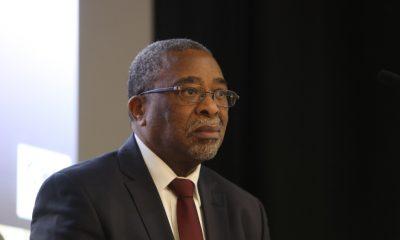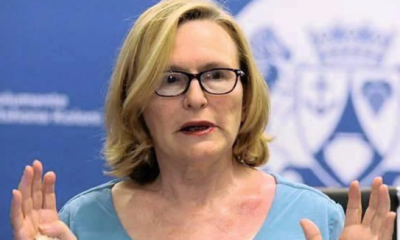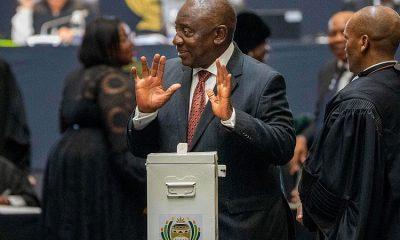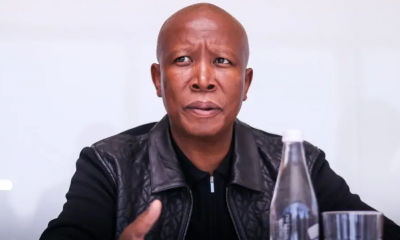Business
Fiscal Challenges and Hope Under the Government of National Unity
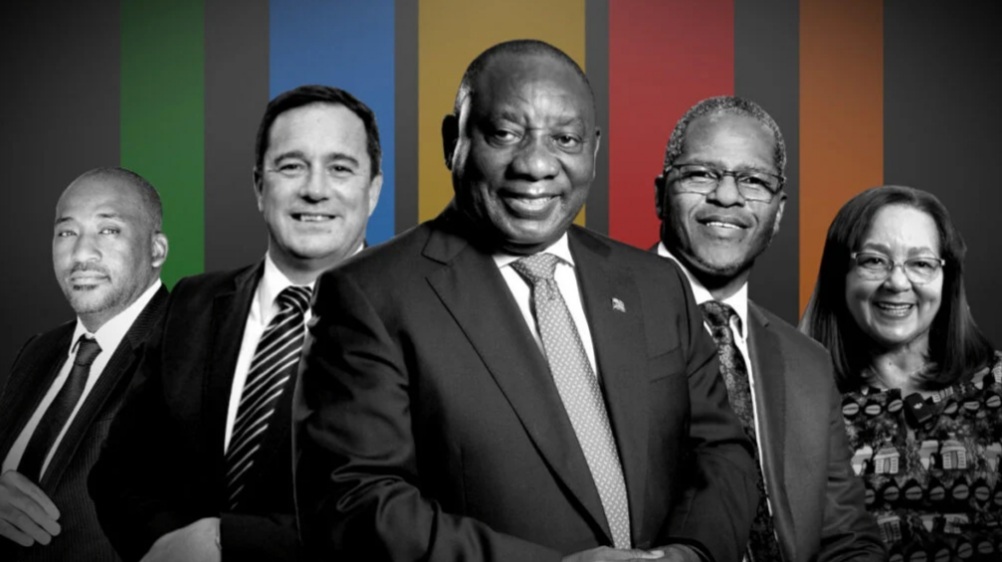
South Africa 2024 Budget: Fiscal Challenges and Potential for Economic Recovery Under the Government of National Unity
South Africa is at a critical financial juncture following the formation of a multi-party Government of National Unity (GNU) in June 2024. The GNU’s rise has instilled renewed hope across various sectors, bringing stability to the rand, improving financial markets, and influencing a positive shift in investor sentiment. However, Finance Minister Enoch Godongwana’s recent medium-term budget policy statement (MTBPS) exposes the depth of the fiscal difficulties facing the country, underscoring a future laden with financial trade-offs.
Economic Optimism and Fiscal Realities
Following the 2024 national election, South Africa’s business leaders and investors welcomed the political shift as an opportunity to implement overdue economic reforms. The optimism surrounding the GNU’s establishment hinted at a new path for economic recovery. Yet, Godongwana’s MTBPS presentation on October 30 detailed a financial landscape that tempers this optimism. Faced with revenue shortfalls, escalating debt, and high borrowing costs, the budget demonstrates the stark fiscal choices that lie ahead.
The Business Unity South Africa (BUSA) noted that while the budget reinforces the need for fiscal consolidation, it is a sobering reminder of South Africa’s enduring economic challenges. “Symptoms of structurally low growth, a historic lack of prioritisation, and previously delayed reforms have led us here,” BUSA commented, emphasizing that tackling high debt service costs is essential to recovery.
Containing Debt and Averting a Crisis
Despite the pressing challenges, Godongwana has committed to containing the national debt and avoiding further bailouts for state-owned enterprises (SOEs). This direction is welcomed by BUSA, which supports the treasury’s resolve in managing South Africa’s debt-to-GDP trajectory. The organization praised the prudent approach, noting that any misstep in fiscal policy could lead to a precarious financial situation. Still, challenges remain—especially in financing the proposed National Health Insurance (NHI) scheme, which lacks a clear funding strategy.
The Role of Public-Private Partnerships and Fiscal Discipline
The Minister’s statement laid the groundwork for fostering public-private partnerships as part of the GNU’s broader strategy, with more specific plans anticipated in the February 2025 budget. Business Leadership South Africa (BLSA) affirmed that these partnerships would be vital for infrastructure development, a cornerstone for long-term economic growth. The organization calls for a whole-government approach to ensure disciplined investment in these partnerships, maximizing returns and value for money.
The budget, however, also reflects limits in accommodating public sector wage increases, hinting at possible fiscal restraints in this area. BLSA warns that without strict adherence to fiscal discipline, the country’s financial position could worsen.
While the budget may seem muted, it lays a pragmatic foundation for South Africa’s fiscal policy under the GNU, balancing optimism with a cautious reality check. Business leaders hope that the GNU will remain committed to economic reform, prudent spending, and fostering a stronger foundation for South Africa’s future growth.
South Africa’s 2024 budget by Finance Minister Enoch Godongwana underscores both fiscal challenges and optimism under the GNU. With strategic trade-offs, public-private partnerships, and a focus on fiscal discipline, the budget seeks to steer South Africa toward recovery amidst constrained resources.



